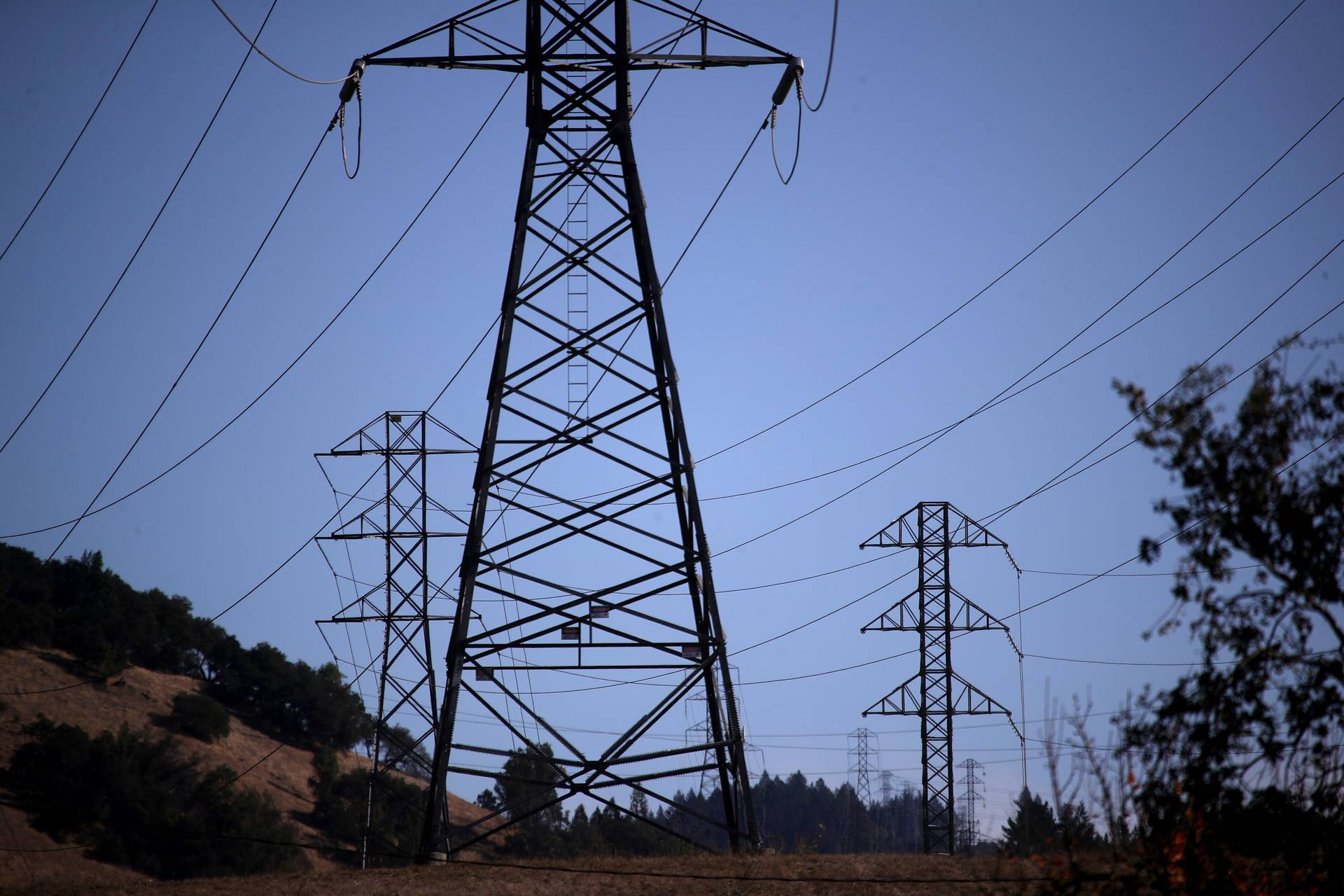Clifford Rechtschaffen, the commissioner who recommended suspending the $200 million fine, acknowledged that waiving the penalty was "deeply dissatisfying." But he said it was justified because of the extraordinary circumstances caused by the COVID-19 outbreak rattling the stock market.
The turbulence could make it more difficult for PG&E to raise money it needs to pay $25.5 billion in bankruptcy settlements, including a $13.5 billion fund set up for wildfire victims. Rechtschaffen concluded the $200 million fine would either risk siphoning money away from the victims or prevent PG&E from getting out of bankruptcy. PG&E previously drew controversy by arguing the $200 million fine should be paid out of the victims' fund.
Before voting to suspend the fine, Rechtschaffen lashed out at PG&E for contending the penalty was unjustified at the same time it was negotiating an agreement to plead guilty to 84 felony counts of involuntary manslaughter stemming from 2018's Camp Fire, a wildfire sparked by PG&E equipment which nearly destroyed the town of Paradise. PG&E is paying a $4 million fine in Butte County for those crimes.
Citing PG&E's admission of guilt for the Butte County fire, Rechtschaffen called PG&E's appeal of the $200 million fine "deeply disappointing" and "disingenuous."
PG&E had no comment on Rechtschaffen's rebuke but said it remains "deeply sorry" for causing the wildfires.
"We share the same objectives as the commission and other state leaders — namely in reducing the risk of wildfire in our communities, even in a rapidly changing environment," the company said in a statement.
"The CPUC basically let P&GE off the hook for the most severe violations imaginable, violations leading to the avoidable deaths of 126 people," wrote Mark Toney, executive director of the Utility Reform Network.
"For the Commission to cave in to PG&E's demands for a free pass not only sends the wrong message to the company, it sends the wrong message to the public the CPUC is supposed to protect."
Despite avoiding the $200 million payment to the state of California, PG&E has continued to run up legal bills and other bankruptcy costs that are expected to exceed $1.6 billion.
To get out of bankruptcy, PG&E needs the approval of a federal judge and state regulators. Before voting to suspend the fine, the commission heard more than an hour of public comments mostly objecting to perceived shortcomings in PG&E's bankruptcy plan.
They contend PG&E isn't doing enough to protect its customers from life-threatening hazards and deliberate blackouts for the next several years to reduce wildfire risks during hot and windy conditions.
The Public Utilities Commission is scheduled to vote on PG&E's bankruptcy plan May 21.
KQED's Lily Jamali contributed to this story.

